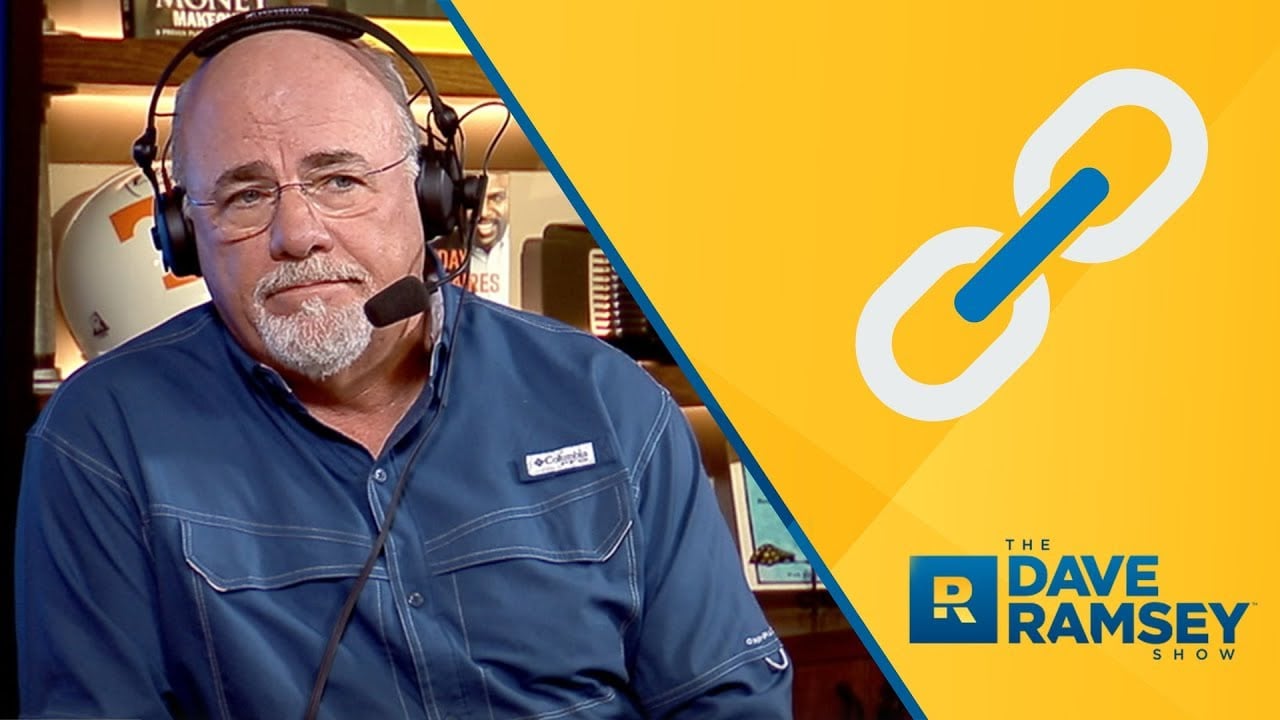Navigating your late twenties can be a significant period for establishing a strong financial foundation. With increasing responsibilities and opportunities, the decisions made during this time can have a lasting impact on your financial health. Here’s a comprehensive guide to avoiding debt and achieving financial stability at the age of 29.
Understand Your Financial Situation
1. Assess Your Finances: Begin by understanding where you stand financially. Create a detailed list of your income, expenses, debts, and savings. This assessment will provide a clear picture of your financial health and help identify areas that need attention.
2. Set Clear Financial Goals: Whether it’s saving for a house, investing in education, or preparing for retirement, setting specific and measurable financial goals is crucial. Goals give you direction and motivation to manage your finances wisely.
Budgeting and Expense Management
3. Create a Realistic Budget: Based on your financial assessment, develop a budget that covers your essential expenses, debt payments, and savings. Stick to this budget diligently to avoid overspending and accruing new debt.
4. Cut Unnecessary Expenses: Identify areas where you can reduce spending. This might include dining out less frequently, cutting back on subscriptions, or switching to more affordable entertainment options.
5. Use Cash Instead of Credit: To prevent the temptation of overspending, use cash for daily transactions. It’s easier to track spending when you physically see the money leaving your wallet.

Debt Management
6. Tackle High-Interest Debt First: If you have existing debt, prioritize paying off high-interest debts such as credit card balances. This strategy reduces the amount of interest you pay over time, freeing up more money to save or invest.
7. Avoid Accumulating New Debt: Resist the urge to take on new debts. Whether it’s postponing the purchase of a new car or avoiding luxury vacations, living within your means is key to financial freedom.
Savings and Investment
8. Emergency Fund: Build an emergency fund that can cover at least three to six months of living expenses. This fund is crucial for avoiding debt in case of unexpected expenses such as medical emergencies or job loss.
9. Start Investing Early: Begin investing as soon as possible to take advantage of compound interest. Consider diverse investment options such as stocks, bonds, and mutual funds. If available, contribute to a retirement plan like a 401(k), especially if your employer offers matching contributions.
10. Educate Yourself About Finance: Invest time in educating yourself about personal finance, investment strategies, and economic trends. Knowledge is power, and understanding financial principles can help you make informed decisions.
Lifestyle and Mindset
11. Live Modestly: Adopting a modest lifestyle can be one of the most effective strategies for financial stability. Emphasize needs over wants, and always think twice before making significant financial decisions.
12. Be Patient and Persistent: Financial stability is achieved through consistent effort and smart decisions over time. Patience and persistence in managing your finances effectively will pay off in the long run.
Conclusion
Avoiding debt and achieving financial stability at 29—or at any age—requires a combination of discipline, planning, and education. By understanding your financial situation, managing your expenses, handling debts wisely, and investing early, you can set the stage for a financially secure future. Remember, the habits you establish in your late twenties will shape your financial landscape for years to come.

